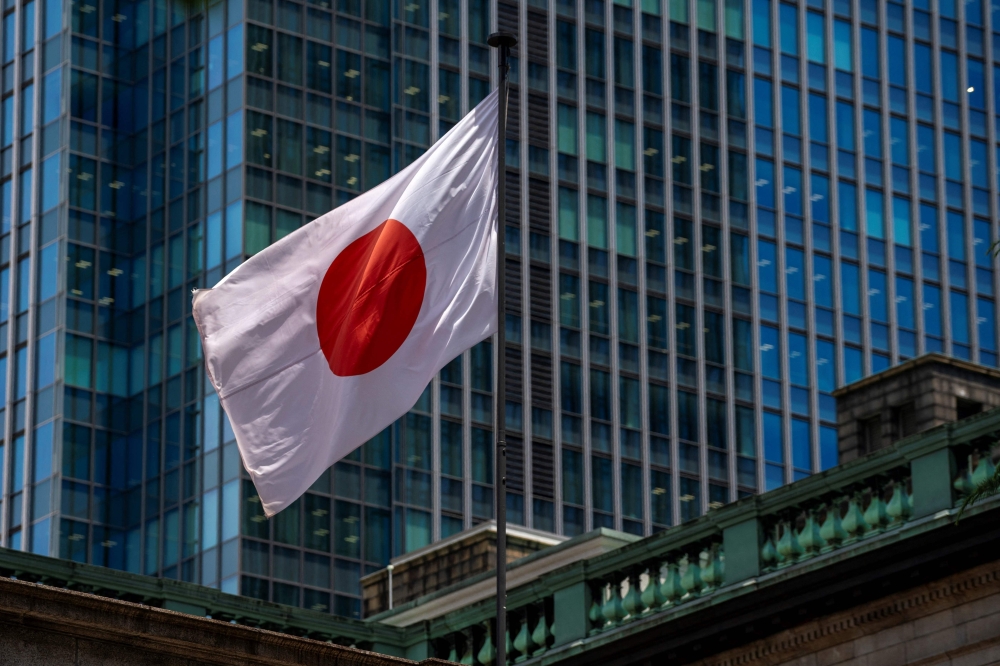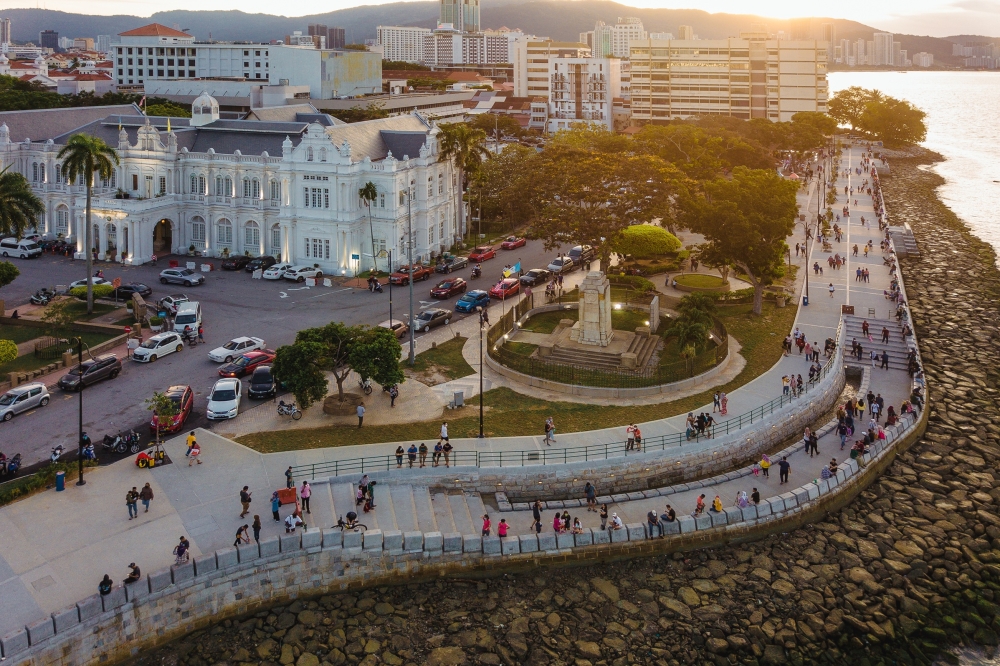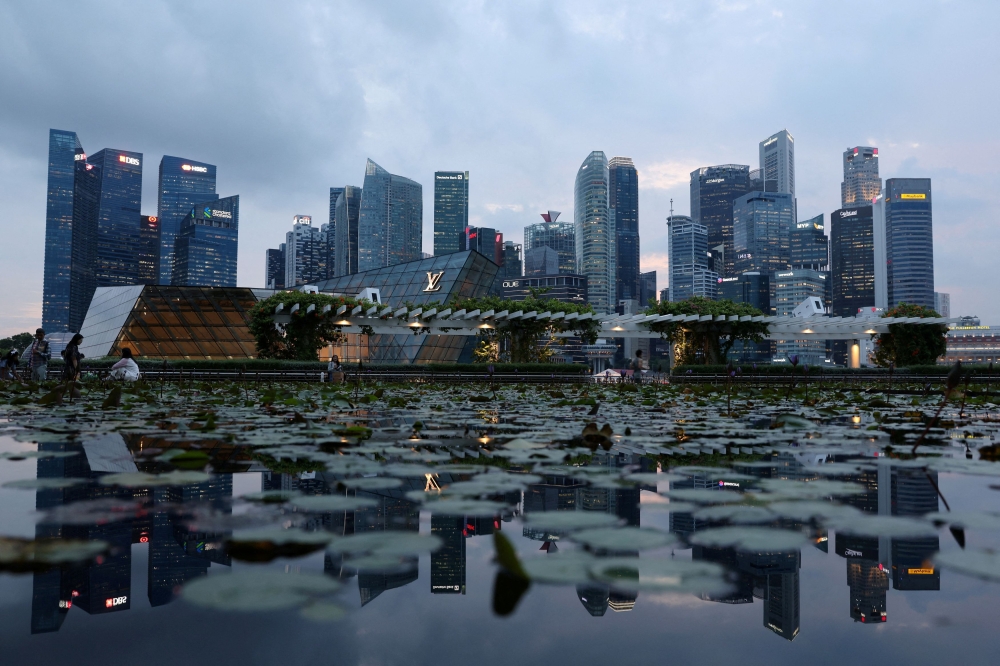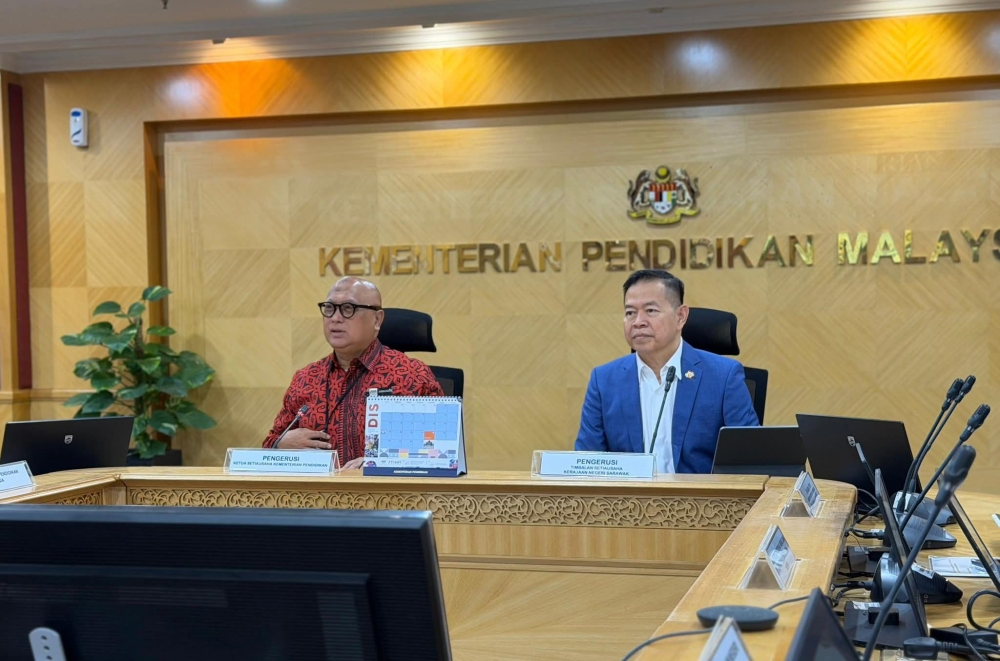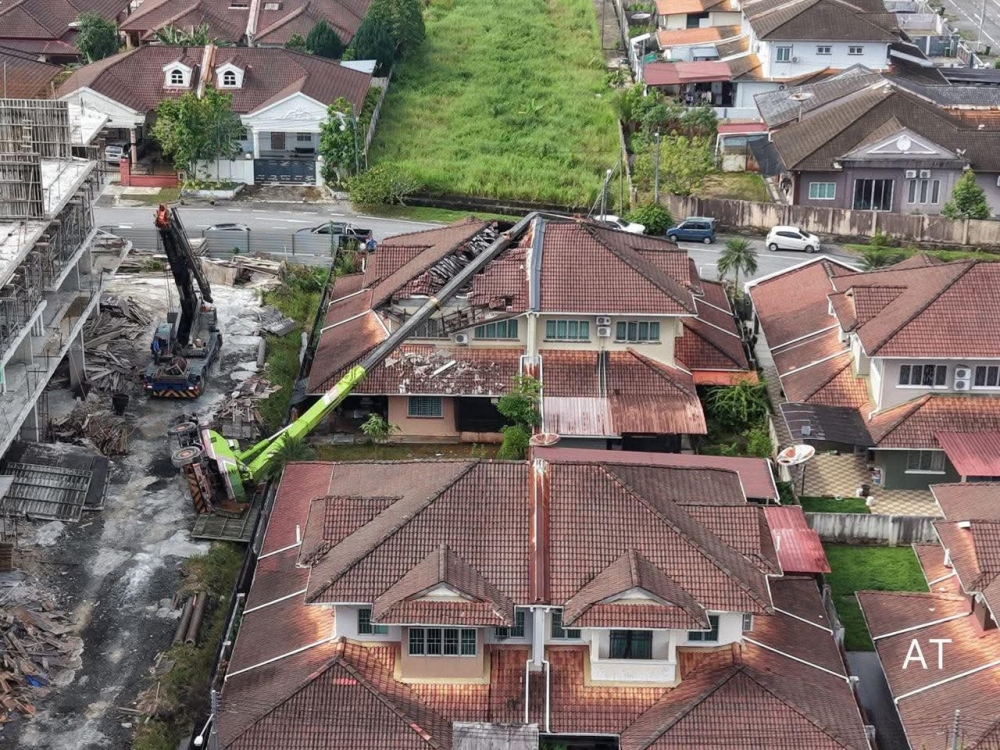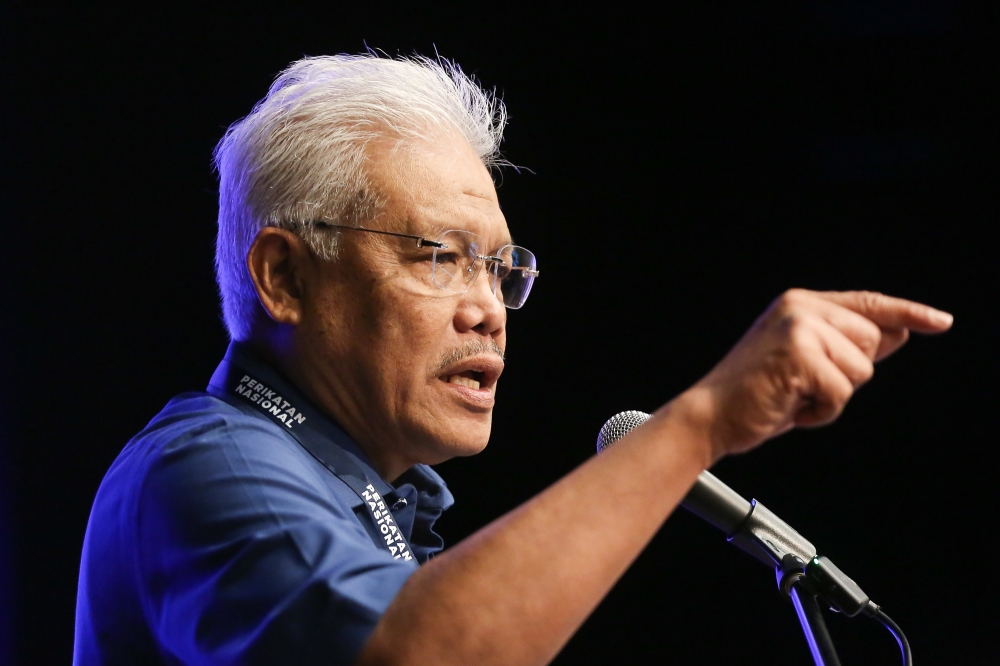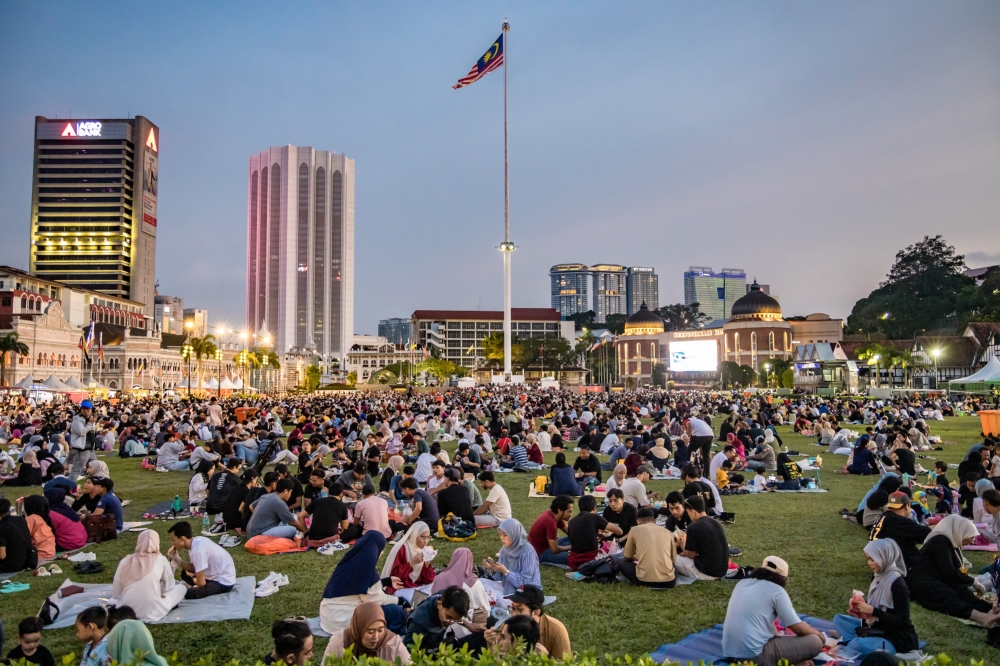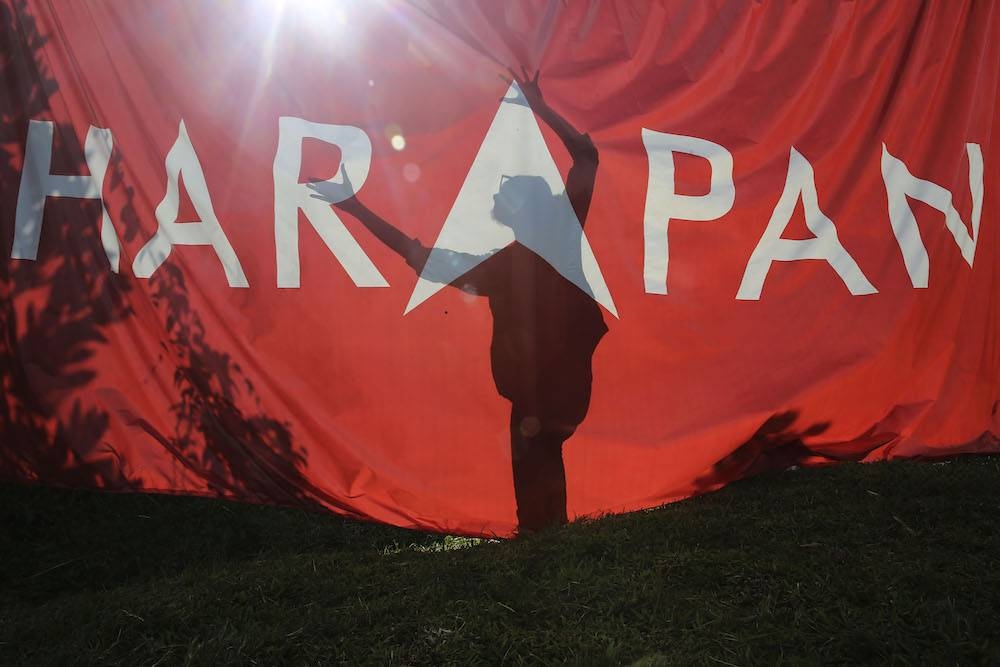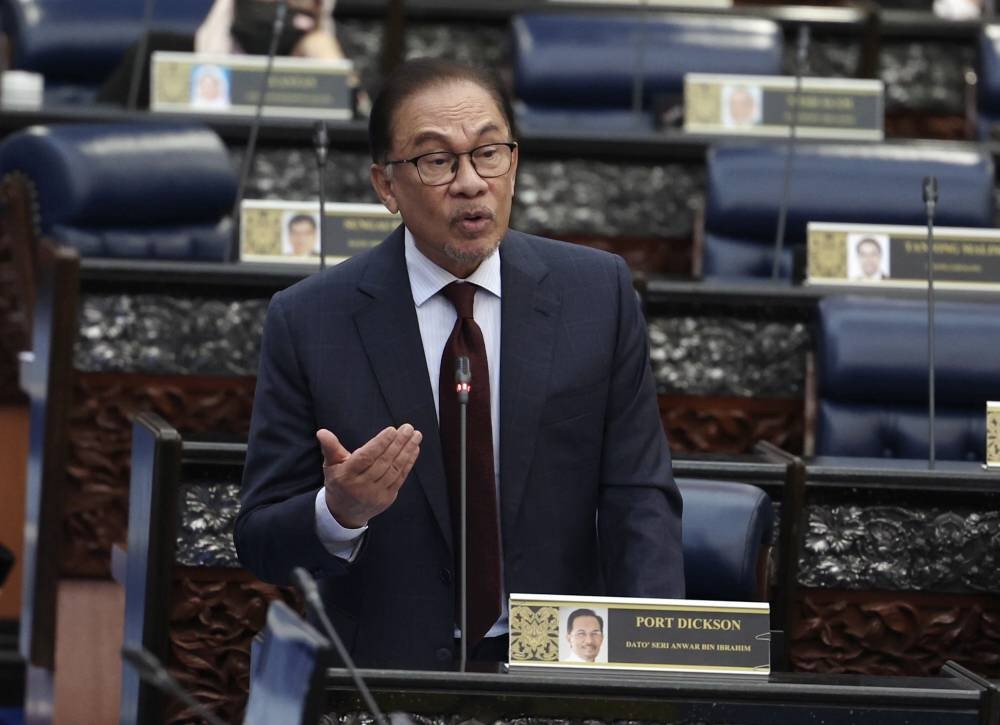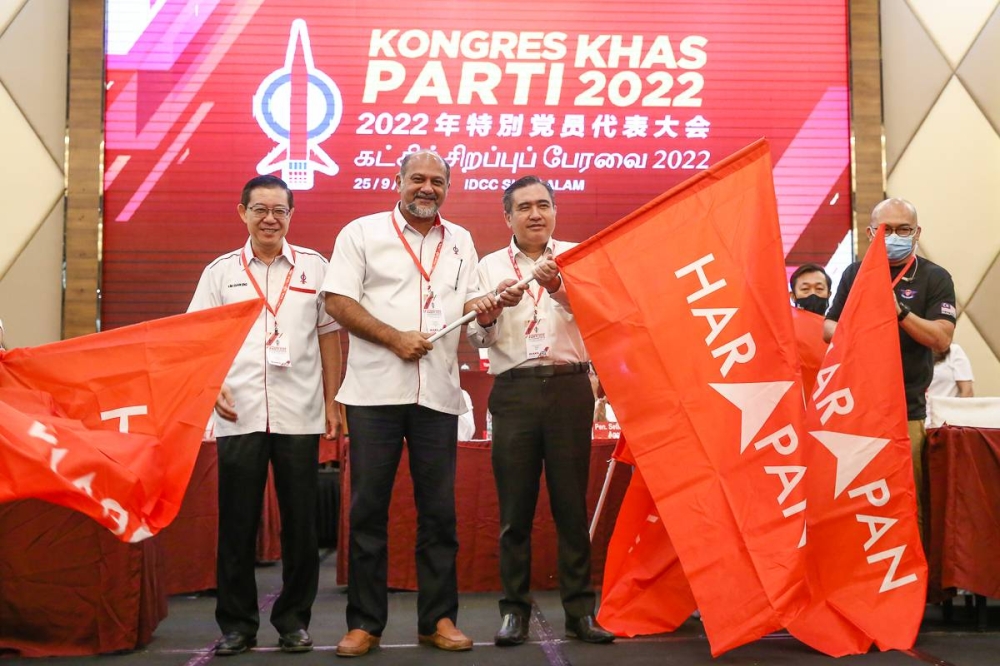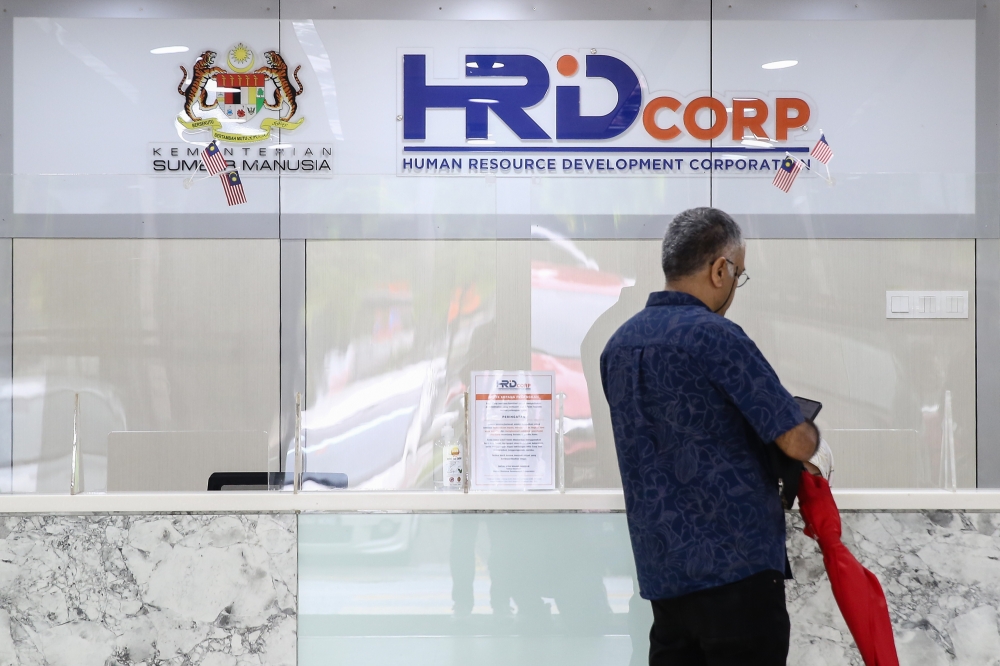KUALA LUMPUR, Oct 5 — Pakatan Harapan (PH) released its shadow Budget for 2023 today and it prioritises the people’s needs with suggestions on how to help small and medium enterprises (SMEs), tourism, sports, agriculture and the gig economy to recover economically and financially in 2023.
PH called for the National Food Security Policy Action Plan 2021-2025 document to be published for the public’s benefit as details on it are scarce since its announcement last year, while food prices and cost of daily goods continue to increase.
In order to help local farmers with rising cost of feed, PH suggested increasing allocation for the plantation sector to RM3.5 billion from the current RM2.5 billion.
This would help farmers with the rising cost of animal feed (increased by 200 per cent), fertiliser (increased by 150 per cent) and pesticides (increased by 100 per cent), it added.
“In addition, provide support for rice farmers in terms of increasing subsidies to RM500 per metric tonne from RM360 per metric tonne and provide monthly aid of RM200 per farmer for a total period of six months as they await harvest,” the Budget proposed.
“Additionally, there have been various sources that some food sectors are allegedly characterised by cartels, for example for the import of beef. These serious allegations should be promptly investigated and addressed as a priority, through the existing competition laws by the Malaysia Competition Commission (MyCC).”
SMEs
PH shadow Budget proposed a RM1 billion matching grant on dedicated productivity solutions for SMEs to improve both labour productivity and capital utilisation efficiency as well as establishing One-Stop digitalisation centres to assist them with applying for digitalisation incentives.
To further support SMEs recovery in the post-Covid era, limited to two years only, PH suggested reducing the lowest tax threshold for SMEs to 15 per cent from 17 per cent and the chargeable income subjected to this rate should be increased to the first RM1 million instead of RM600,000.
“Address shortage of labour by streamlining the hiring process of foreign workers, replacing the pre-pandemic labour intake quota with a tiered pricing system. Hiring fees will rise depending on the dependency ratio of foreign workers for the prospective employer,” they said.
Tourism
PH suggested that 2023/2024 be declared Malaysian Tourism Year to promote the badly hit tourism sector.
This would be in addition to the implementation of Digital Nomad passes to spur the local economy for foreigners wanting to stay here and work due to the low cost of living and tropical weather.
“Tax rebates for domestic travels by Malaysians should be increased to RM5,000 instead of the current RM1000 limit. Malaysia should revert the MM2H (My Malaysia Second Home) programme criteria to its original ones.
“Our neighbouring countries have caught up and we have to reinstate our competitiveness, thereby attracting more applicants to reside and spend in Malaysia. In addition to generating a spillover economic impact, it will also drive demand for MYR (Malaysian ringgit), complementing the effort to improve our foreign exchange rate.”
Palm oil
The palm oil industry, that has been reeling from acute worker shortages, has seen a rise in prices due to the Russia-Ukraine war and Indonesia’s palm oil export ban.
With CPO prices normalising amid resumption of Indonesia’s exports and a rebound in oilseed production, cost pressures linger, especially for smallholders.
PH proposed that an RM500 million grant for disbursement to oil palm smallholders to achieve much needed productivity improvements like increasing productivity to enable higher income for oil palm shareholders.
It also suggested, among others, to channel a portion of the windfall profit levy (WPL) from the palm oil industry into a RM500 million green start-up revolving fund for industry and particularly smallholders, to finance their certification, sustainability-green initiatives.
For Sabah and Sarawak, PH said to revert the windfall profit levy to the original rate of 1.5 per cent from the current rate of 3 per cent.
National defence
Ph asked that all future defence procurement be made public as the ministry has always used the confidential nature of the purchases to avoid scrutiny. In addition, a government procurement act was needed and a compulsory audit by the Auditor General should be a prerequisite.
It also proposed the formulation of a National Defence Industry Policy (NDIP) that will serve as a guideline to develop defence science, technology and industry.
Gig riders
According to PH, the opaque nature of their pricing algorithms immensely reduces the capacity for workers to negotiate a fair rate thus leaving them open to exploitation.
Therefore, reforms were needed in this growing industry and PH said the first step should be the setting up of a regulatory body to resolve issues involving gig riders and drivers, as well as to serve as the link among stakeholders in the industry.
PH proposed a “Contract of Agreement” between workers in the gig economy and platform providers, which covers provisions to protect them against exploitation while extending the current Self-Employed Social Security Scheme (SKSPS) under the Social Security Organisation (Socso) for the year 2023, and the empowerment of the EPF I-Saraan scheme.
Education
PH said that the Budget should make sure to double the Supplementary Food Programme (Rancangan Makanan Tambahan) allocation to RM5 in peninsular Malaysia and RM6 in Sabah, Sarawak, and Labuan. This was crucial for the over 500,000 recipients given the effect of adequate nutrition on educational outcomes, and by extension, educational outcomes on job opportunities and development.
Apart from that, PH said RM600 million should go for educational scholarships for underprivileged communities and RM1.5 billion special grant for schools to cope with the aftermath of prolonged shutdowns.
“The aftermath of prolonged shutdown in Malaysia are still felt by schools as they face challenges in terms of equipment and manpower. We propose that the government assist schools by providing a special capita grant worth RM200 per capita for all schools, regardless of stream.
“In addition to the per-capita grant, there will be an additional focus on the capacity of schools to meet their operational and capital needs in 2023, ensuring fairness to ‘sekolah kurang murid’, schools in remote areas, etc.
“To ensure quality education access to all Malaysians, this grant will be disbursed to all schools including Sekolah Kebangsaan, Sekolah Jenis Kebangsaan Cina (SJKC), Sekolah Jenis Kebangsaan Tamil (SJKT), Sekolah Berasrama Penuh, Maktab Rendah Sains MARA, Sekolah Agama Bantuan Kerajaan, Sekolah Mubaligh, Sekolah Tahfiz, Sekolah Agama Rakyat & Sekolah Agama Persendirian, Sekolah Pondok yang berdaftar, Sekolah Menengah Jenis Kebangsaan, dan Sekolah Menengah Persendirian Cina (SMPC),” PH suggested among other things.
Budget 2023 will be tabled this Friday.

